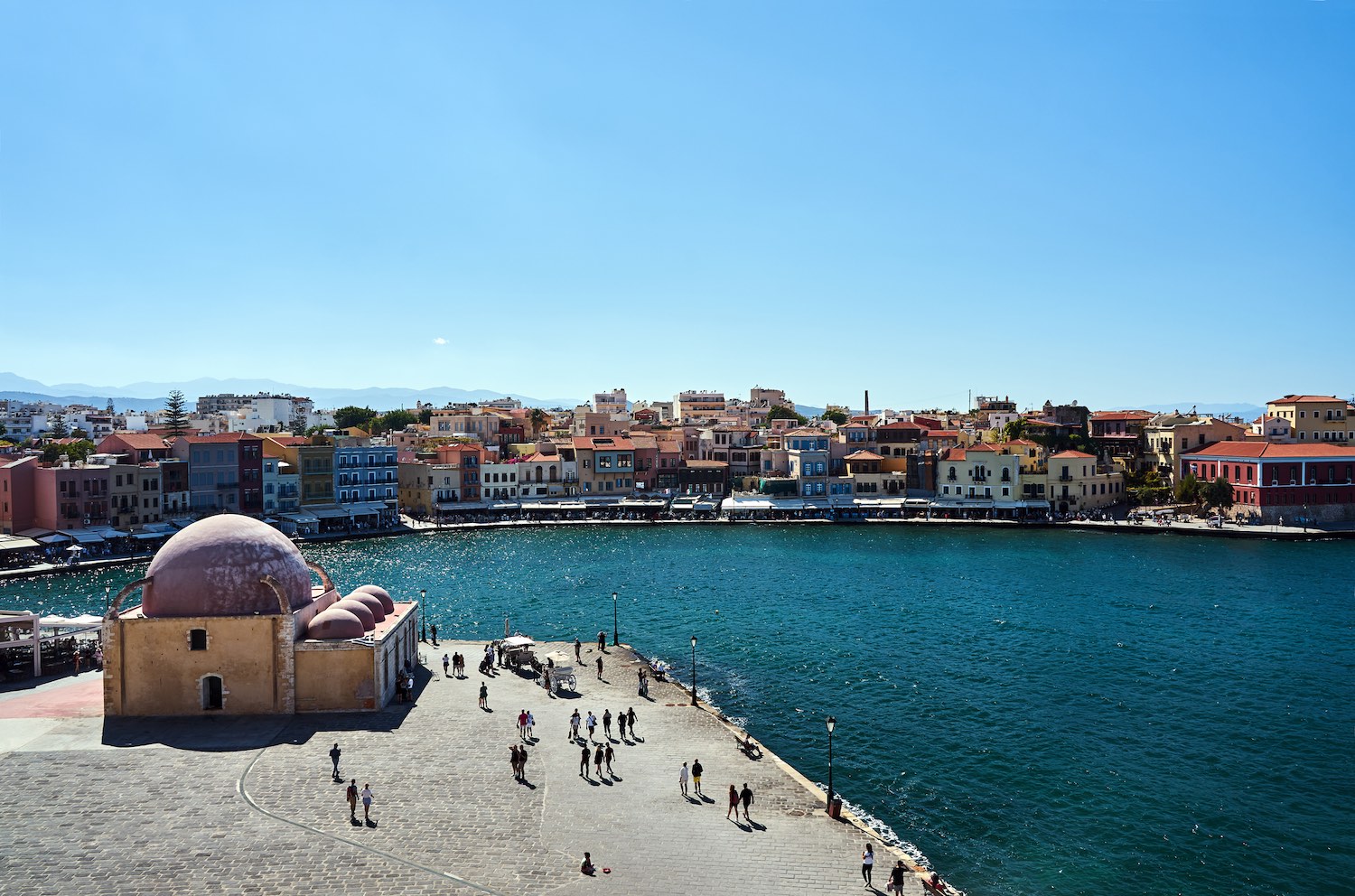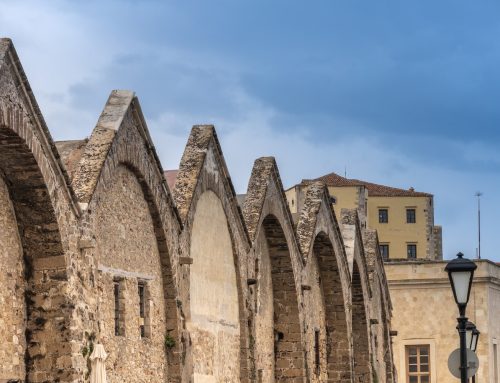Cretan hospitality is one of the most important reasons why it is worth visiting Crete. It has been inextricably linked to Cretan culture since ancient times.
With its etymology deriving from the ancient Greek verb philo, meaning to love, and the word stranger, the word hospitality refers to the care and treatment of a stranger in one’s home.
Hospitality was not a simple institution of antiquity. On the contrary, it was considered more of a moral duty or an inviolable sacred rule of the gods. Foreigners, respectively, were considered sent by the gods, sacred, honoured and respected persons – hence Xenius Zeus, patron of foreigners and hospitality.
Hospitality and tourism: The Cretan version
By decoding the meaning of the word “hospitality”, then, we see the importance of becoming friends with the stranger. A meaning which, even today, is deeply rooted in traditional Cretan values, as well as in Greek culture in general. Both hospitality and tourism, for our hotel, are sacred words and we hope they will remain so, because if they are “lost” in globalization, then Crete, with its brilliant culture and unique gastronomic culture, will lose its main advantage over other, equally wonderful and special destinations, which do not lag behind in terms of hospitality. This is the birthplace of Xenos Zeus, the patron saint of visitors, which is why hospitality is in our DNA. At our hotel, guests come to get in touch with the unparalleled nature, to “empty” their minds from the stress of modern life and regain their peace of mind.
The institution of hospitality in Ancient Greece
In a passage from Thucydides’ “Pericles’ Epitaph”, Pericles states that the Athenians kept their city open to all, did not expel foreigners and did not prevent them from learning about the culture of Athens. This treatment of foreigners was based on the belief that the gods themselves, transformed, visited them to check which people were observing religious rules and obeying the laws and which were committing insults. In addition, the way of life of the Greeks (travel, trade, wars) resulted in them being on the streets, in foreign lands, in great need of shelter, help or protection. With the institution of hospitality, therefore, they themselves found what they were looking for. Moreover, foreigners were welcome, because for many they were the only contact with the rest of the world, being, in addition, a source of information.
Tourism: the etymology of another Greek word
Many people believe that the term tourism comes from the French words tour, tourisme. In fact, scientific etymology shows that these words are Greek linguistic “loans” from the ancient (and modern) machine tool, the “lathe”. The lathe was (and is) a machine for shaping metal and wood, through the clamping and turning of the material. Thus, the Greek terms lathe and turning (=turning the material and shaping it) were transformed into the corresponding Latin terms tornus and tornare, and gave the world the terms tour and tourisme in the sense of the words “ride and walk, and, eventually, “journey, tour”. Thus, a tourist is the person who visits a place and ‘rotates’ to get to know it. The terms ‘tourism’ and tourist were first used in the 19th century for early travellers.







